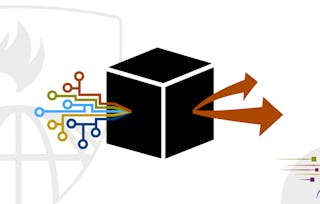This course covers the most neglected yet critical skills in machine learning, four vital techniques that are very rarely covered – most courses and books omit them entirely.
1) UPLIFT MODELING (AKA PERSUASION MODELING): When you're modeling, are you even predicting the right thing? 2) THE ACCURACY FALLACY: When evaluating how well a model works, are you even reporting on the right thing? 3) P-HACKING: Are your simplest discoveries from data even real? 4) THE PARADOX OF ENSEMBLE MODELS: Do you understand how they work, even though they seem to defy Occam's Razor? >> WHY THESE ADVANCED METHODS ARE ESSENTIAL: Each one addresses a question that is fundamental to machine learning (above). For many projects, success hinges on these particular skills. >> NO HANDS-ON – BUT FOR TECHNICAL LEARNERS: This course has no coding and no use of machine learning software. Instead, it lays the conceptual groundwork before you take on the hands-on practice. When it comes to these state-of-the-art techniques and prevalent pitfalls, there's a foundation of conceptual knowledge to build before going hands-on – and you'll be glad you did. >> VENDOR-NEUTRAL: This course includes illuminating software demos of machine learning in action using SAS products. However, the curriculum is vendor-neutral and universally-applicable. The contents and learning objectives apply, regardless of which machine learning software tools you end up choosing to work with.


















